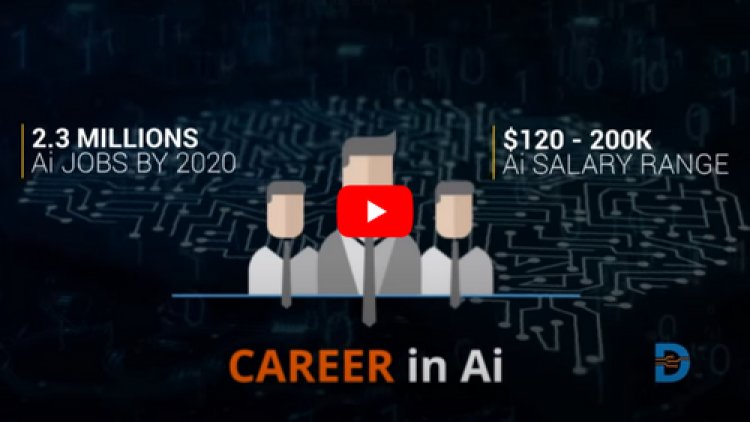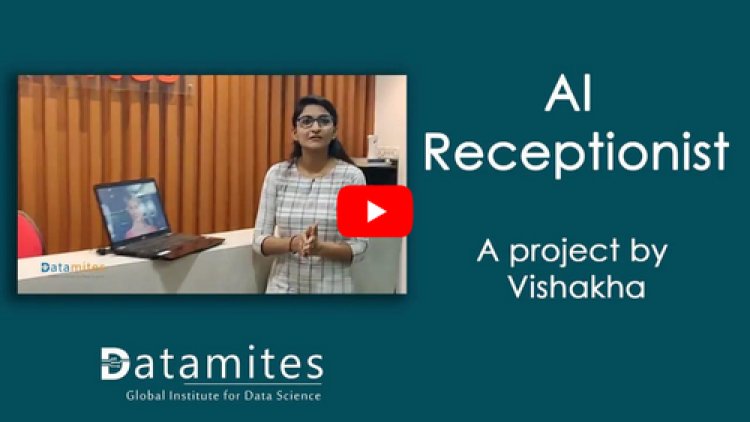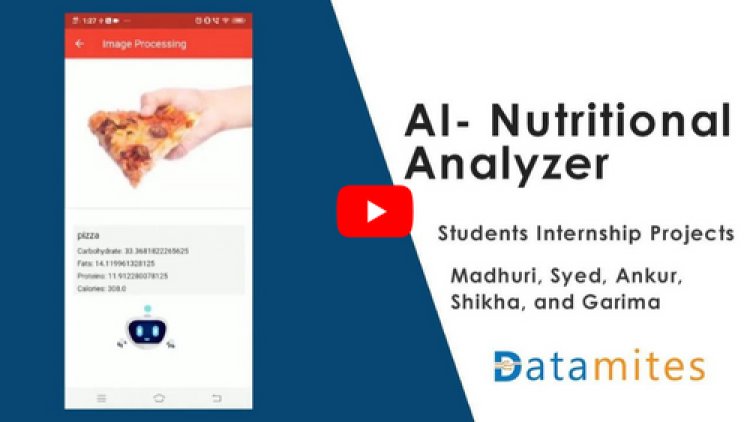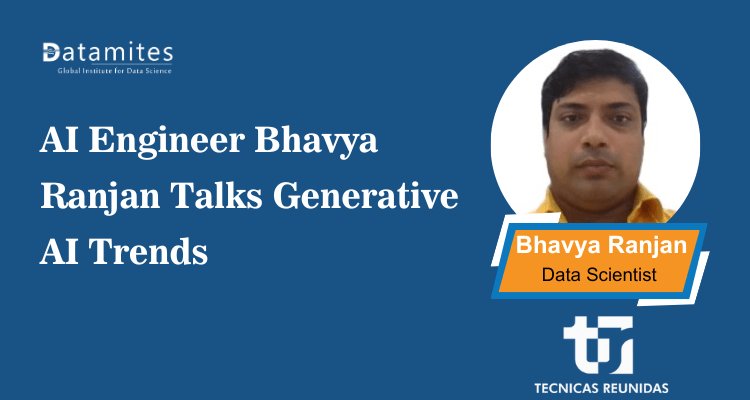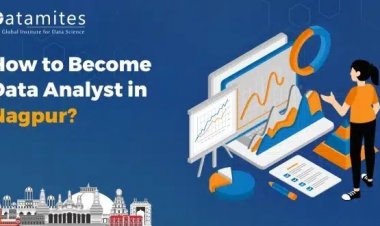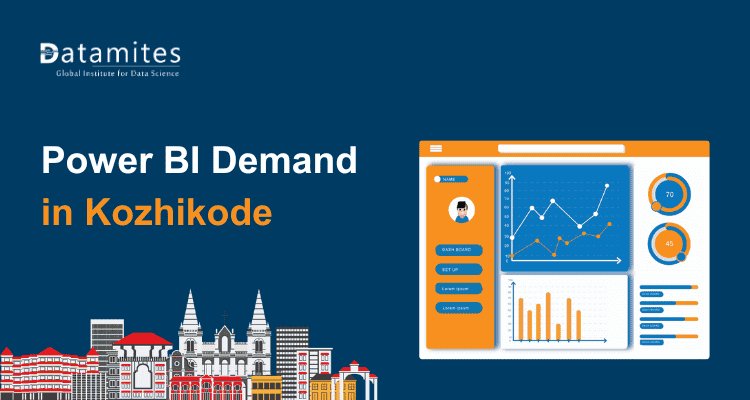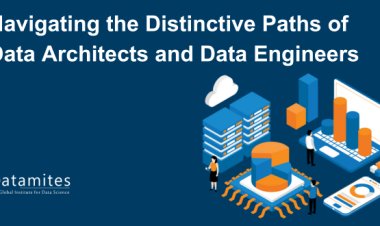Taking a Look at the Role of AI in Education
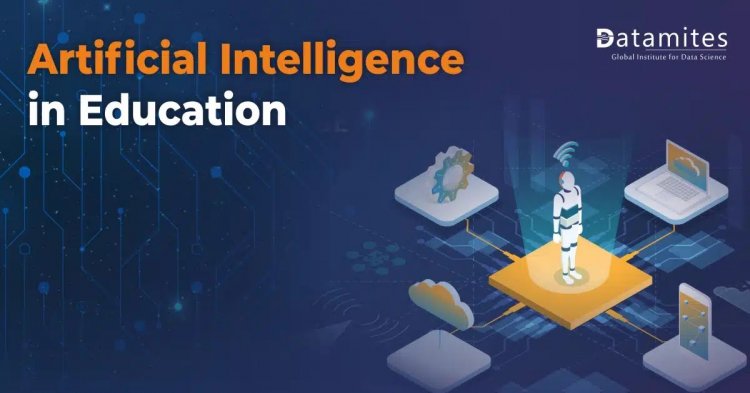
Technology is key to human advancement. Technology has helped us succeed in our settings, whether it be with sticks, stones, or smartphones. The advantages and disadvantages of artificial intelligence have generated a lot of contentious discussions among education and technology experts as technology becomes more pervasive and classrooms are becoming more digital.
Getting to know AI
Artificial intelligence (AI) is a broad tool that allows individuals to reimagine how we combine information, analyze data, and apply the ensuing insights to improve decision-making. It is already transfiguring all the facets of human life.
AI is a technology that is fundamentally changing every facet of life despite the general lack of knowledge about it. Artificial intelligence has fundamentally changed how we function. AI improves our daily life by offering a quick, effective, and tailored experience in everything from healthcare to advertising to your Netflix suggestions. Because AI technology has improved and grown in sophistication, costs have decreased and it is now more widely available in a variety of industries. As a result of this change, there has been a significant improvement in efficiency, a decrease in human error, and an overall increase in production in the way that items are produced.
The immense prospects it offers for economic development are one of the factors contributing to AI’s expanding involvement in society. Artificial intelligence technology is likely to strengthen the global GDP by $15.7 trillion, or a full 14%, by 2030, according to a PriceWaterhouseCoopers report. Given that, artificial intelligence is poised to revolutionize a number of industries, but due to the significant societal ramifications of these technologies, it is important to better understand how AI systems are produced!
What role does it play in education?
In technical domains, where it may be utilized to automate processes for improved performance and efficiency, the emergence of artificial intelligence (AI) is bringing about significant changes, but we aren’t really mindful of how it makes our daily life simpler and easier. The efficiency, efficacy, and speed of human endeavors are improved by artificial intelligence. Given how swiftly AI alters how humans learn, artificial intelligence in education has gained popularity. Let’s get to know in detail then.
Refer to the article: Support Vector Machine Algorithm (SVM) – Understanding Kernel Trick
AI in the Educational Sector – Benefits
Although the digital transformation was essential for schools to remain competitive before the pandemic, its benefits guarantee that it has received more attention and funding since the outbreak approached its rim. Being able to learn at any time, any place is the new norm and culture. The benefits of artificial intelligence in teaching and learning are also too great to ignore as it develops.
- Outside of the classroom, tutoring, and support
Ask any parent who has battled to teach their adolescent mathematics, and they will be incredibly enthusiastic about the possibility of AI to support their kids when they are having homework or test preparation difficulties. Thanks to artificial intelligence, tutoring, and studying programs are growing more sophisticated, and eventually, they will be more accessible and able to accommodate different learning styles.
AI hasn’t yet caused any such wild waves, and in many ways, it has quietly ingrained itself into many facets of our daily life. AI applications for education like AI mentors for students, improved smart content, and a new strategy for educators’ professional growth through virtual international conferences are all becoming more prominent. It’s way easier to get help with studies outside the classroom now than ever before.
- Efficient feedback to students and teachers by AI-enabled systems
AI can not only assist educators and learners in creating courses that are tailored to their needs, but it can also give both parties feedback on how well the course as a whole is working. AI systems are being used by some colleges, particularly those that offer courses online, to track student progress and notify teachers when there may be a problem with their performance.
Although data mining systems already play a significant part in the higher education landscape of today, artificial intelligence has the potential to further transform the sector. Schools nowadays are taking initiatives to provide pupils with AI-guided training that can smooth the transition between high school and college are already in progress.
Artificial Intelligence Course Introduction
- Automated Tasks
AI has been utilized to automate jobs in a variety of businesses, and it will be useful in the educational sector as well. Professors and teachers frequently need to manage the classroom environment on top of carrying out a variety of administrative and organizational tasks. A report in research paper writing services claims that teachers do more than merely instruct. They also spend time arranging resources and materials for lectures, managing instructional materials, creating progress reports, grading tests, assessing homework, filing required paperwork and other tasks. There is a significant amount of work involved here.
AI allows us to automate the administrative and management chores that institutions and instructors perform. AI assists in controlling the classroom atmosphere and numerous administrative responsibilities. The evaluation of assignments, exam grades, and many other things is also made simple by AI.
Read this article: Understanding Auc Roc Curve
- Smart Content for Learning
AI can assist educators in developing intelligent materials that are more enjoyable for both themselves and their pupils to use during instruction. It’s well known that AI can assist teachers in developing various kinds of content that are smart and tailored toward making learning easier.
AI also aids in education through the creation of creative content. The education system performs better when new approaches and fixes are provided to students. Digital textbooks, video lectures, conferences, and other forms of creative content are included. Students can achieve the highest marks by using these methods, which are made possible by artificial intelligence, which enables instructors to create personalized learning experiences.
- No Boundaries
There are numerous drawbacks to a traditional educational system. AI can help eliminate restrictions and make learning accessible to all people. There are pupils who are unable to attend school in person or who have missed years of education for a variety of reasons.
No matter where they are in the globe, AI enables people to achieve their educational goals. Thanks to AI technologies, people who desire to improve their education are no longer constrained by time or distance. They can learn at any time, any place, and customize the learning experience to fit their requirements and surroundings.
- Greater Benefit Students with Special Needs
The lives of the disabled are being significantly improved by AI. Similar to tailored learning, providing better resources for the disabled is an area where AI genuinely shines. For students who struggle with writing or have restricted mobility, speech recognition software like Nuance can assist with word transcription. With the use of these technologies, educators may provide students with superior study materials that better meet their individual needs.
- Educational software to meet the needs of students
With teachers enabling the learning and providing assistance as needed, this type of custom-tailored education could be a machine-assisted answer to assisting students at various levels to work together in a classroom. The nation’s educational system has already benefited much from adaptive learning, and as AI develops over the coming decades, adaptive systems like these will probably just get better and more prevalent.
Also refer this article: 10 Python Built-in Functions
- Personalization
With the use of AI, teachers may respond more personally to students’ pertinent inquiries. It also aids in educating students in accordance with the problems and inquiries they encounter in course materials and online sessions. A more extensive mechanism for communicating with instructors is now available to students. With the aid of AI, kids can study remotely with all the necessary tools because it can give quick feedback and work closely with them.
Achieving individualized learning was difficult for teachers before the invention of digital classrooms. It was commonplace for teachers to stick tightly to the curriculum rather than being adaptable to their student’s strengths and weaknesses. AI has made it easier for teachers to rapidly and accurately personalize lessons for each individual student.
AI Receptionist
- Integrated Learning
Our educational system has historically placed more emphasis on pupils’ ability to retain information than on their comprehension. AI can assist you in changing that. AI can provide a dynamic learning environment in the classroom when used in conjunction with virtual and augmented reality. In addition to much more, students can explore the galaxy and visit famous landmarks. This learning process can be extended outside of the classroom by using virtual humans like avatars and digital assistants. One of the most crucial things in today’s technological world is to stay current with educational breakthroughs. Learning management systems (LMS) is one of these developments.
- Gamification
Using artificial intelligence as a tutor in your class can raise student engagement levels since it is fascinating. Gaming is another factor that piques students’ interest. Teachers can improve learning by incorporating some of its characteristics into their courses (Gamification). The ideal platform for accomplishing this is provided by AI, which encourages greater student engagement and retention.
Will AI have a negative impact on the education system?
Since computers are becoming increasingly intelligent, artificial intelligence is more a reality than a science-fiction concept. There are several ways that artificial intelligence (AI) is affecting education, even though the idea of a machine procedurally generating learning materials for people may still seem absurd to some. Teachers might soon find themselves in charge of an AI-powered digital classroom. What could go wrong, you ask?
Artificial intelligence (AI) is not an actual human being, which is the most significant distinction between them. When we realize that all we are utilizing for the study is a text or a screen, we are unable to empathize with AI professors. The same level of involvement with AI tutors cannot be achieved.
Finding a balance may depend on certain teachers or classroom configurations, but it’s important to determine how much AI should be used in the classroom. Because AI is effectively an employee who can analyze enormous amounts of data for free, it doesn’t need to be perfect. Instead, the goal should be to lighten the strain on teachers. AI will only help young minds better adapt to the world around them, so long as administrators never lose sight of the human element that makes teaching such a crucial component of human growth.
Is the future perfect for AI in Education?
The use of AI permeates every aspect of people’s daily life. The impact of AI on all businesses in recent years is without a doubt significant. These are only a few of the sectors using AI systems: manufacturing, healthcare, transportation, finance, and e-commerce.
As more educational institutions incorporate AI into their practices and curricula, it is already being employed in a variety of industries. That being said, AI will without a doubt have a big influence on how education will be in the future. Both teaching and learning will benefit from it. It’s crucial to remember, though, that AI won’t take the position of teacher; rather, it will support them in their role as teachers by helping them with certain tasks.
No longer a sci-fi fantasy, artificial intelligence exists today. Since John McCarthy first used the phrase at the Dartmouth Conference in 1956, a lot has changed. It is making the future of education bright through concurrent progress and global connectivity.
End Note
Education will continue to use AI technology, which is here to stay and will only advance. Even though they were pushed by extenuating circumstances, many educational institutions have already closed the digital divide. The advantages of current AI technology are numerous. However, it is inevitable that AI will continue to play a crucial part in the development of education as new technologies and AI systems are developed.
If artificial intelligence (AI) is something you are interested in learning more about, it is definitely worthwhile to take a look at how almost every business in the world is leveraging it more. The DataMites Artificial Intelligence Training is a fantastic approach to gaining the abilities and knowledge necessary to keep up with the ever-developing AI sector. Our AI Courses are a great place to start since they have the most recent AI curriculum, which includes research, algorithms, and applications in AI in addition to hands-on training using cutting-edge tools and techniques. DataMites also provides courses in data science and related technologies like data analytics, data engineer, and python. That’s enhanced by accreditations from NASSCOM, IABAC, and JainX.
AI Nutritional Analyzer

